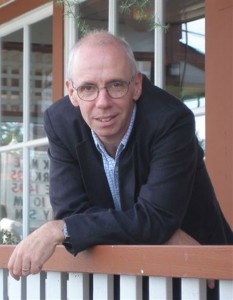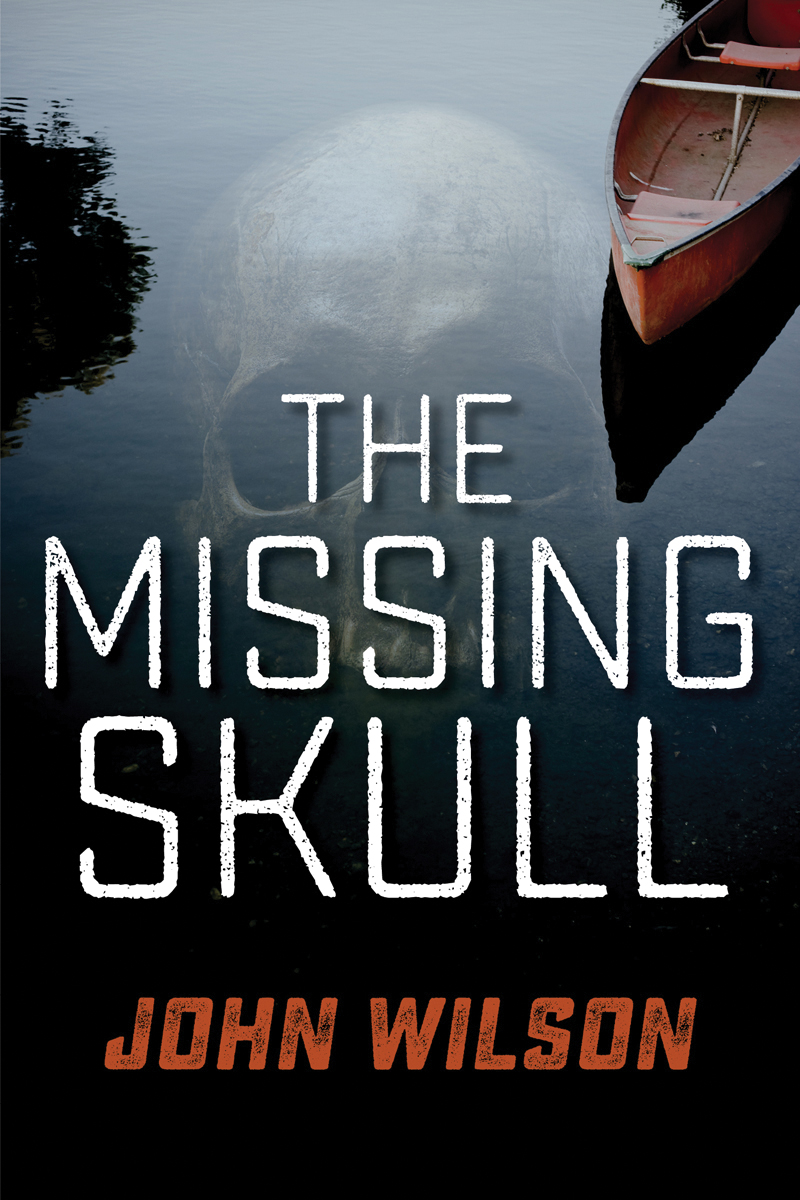Tell us a bit about your book.
The Missing Skull is one of The Seven Prequels books, and follows Steve, the same character as in Seven, the Series and The Seven Sequels. For his 13th birthday treat, Steve is taken up to Canoe Lake in Northern Ontario by his grandfather. The grandfather sets up a mystery for Steve around the artist Tom Thomson’s missing skull. However, the grandfather is not all he seems and there are some shady characters who turn Steve’s harmless game into a real, dangerous adventure.
What was the catalyst for your story?
The grandfather’s secret life, which only comes to light in The Seven Sequels series.
What are the challenges of writing for or within a series?
In this case, since The Missing Skull is a prequel, Steve can only know things that fit with what he says several years down the road in Seven, the Series and The Seven Sequels, for example, there is a major character in the later books who cannot be in the prequel since Steve only meets her in the Seven Series.
What was your favourite book as a child and why?
The Day of the Triffids by John Wyndham. I loved end of the world/science fiction where I could put myself in the role of the main character and wonder what I would do to survive.
In your opinion, what makes a compelling story?
First—a strong plot well told. Second—well-developed characters I can relate to.
Does your book have a niche or specialty market?
Tell us a little known or interesting fact about yourself.
I was born only 34 years after the battle of Vimy Ridge.
Read more of Steve’s story in Lost Cause (Seven, the Series) and Broken Arrow (The Seven Sequels).
 Born in Edinburgh, Scotland, John Wilson grew up on the Isle of Skye and outside Glasgow without the slightest idea that he would ever write books. After a degree in Geology from St. Andrews University, he worked in Zimbabwe and Alberta before taking up writing full-time and moving out to Lantzville on Vancouver Island in 1991. John is addicted to history and firmly believes that the past must have been just as exciting, confusing and complex to those who lived through it as our world is to us. Most of his thirty-two novels and nine non-fiction books for kids, teens and adults deals with the past. His tales involve intelligent dinosaurs, angry socialist coal miners, confused boys caught up in the First and Second World Wars, and the terrors faced by lost Arctic explorers. John spends significant portions of his year traveling across the country telling stories from his books and their historical background and getting young readers (particularly but not exclusively boys) energized and wanting to read and find out more about the past. For more information, visit johnwilsonauthor.com.
Born in Edinburgh, Scotland, John Wilson grew up on the Isle of Skye and outside Glasgow without the slightest idea that he would ever write books. After a degree in Geology from St. Andrews University, he worked in Zimbabwe and Alberta before taking up writing full-time and moving out to Lantzville on Vancouver Island in 1991. John is addicted to history and firmly believes that the past must have been just as exciting, confusing and complex to those who lived through it as our world is to us. Most of his thirty-two novels and nine non-fiction books for kids, teens and adults deals with the past. His tales involve intelligent dinosaurs, angry socialist coal miners, confused boys caught up in the First and Second World Wars, and the terrors faced by lost Arctic explorers. John spends significant portions of his year traveling across the country telling stories from his books and their historical background and getting young readers (particularly but not exclusively boys) energized and wanting to read and find out more about the past. For more information, visit johnwilsonauthor.com.

